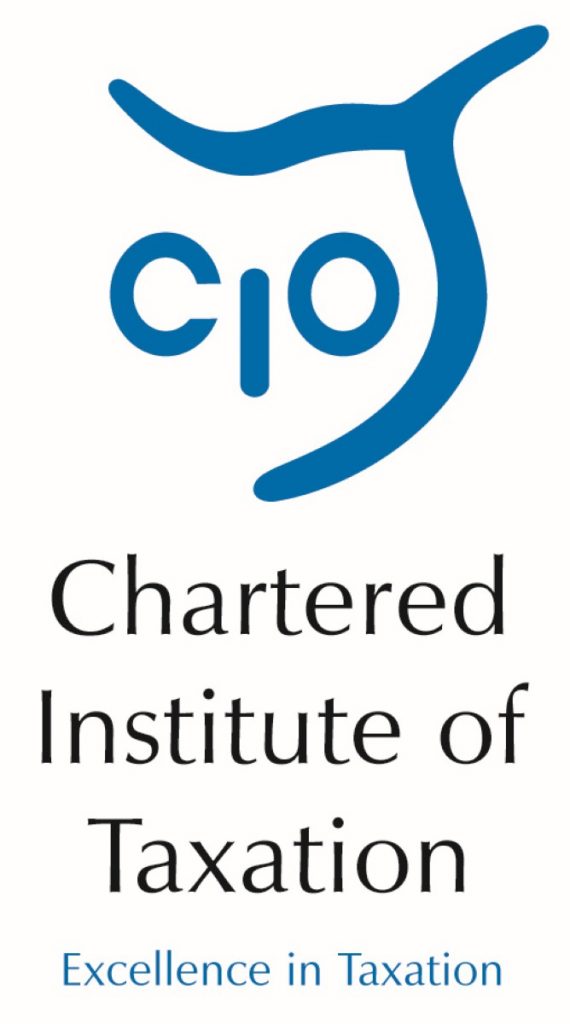The Government’s U-turn over the National Insurance increase for the self-employed shows what can happen when Chancellors pull ‘rabbits’ out of the hat on Budget day without consulting or preparing the ground in advance, says the Chartered Institute of Taxation (CIOT).
In a letter to MPs, Chancellor Philip Hammond said today that there would be no increase to National Insurance contributions for the self-employed in the Class 4 band ‘in this parliament’, despite announcing it in last week’s Budget.
John Cullinane, Tax Policy Director at CIOT, said:
“This is yet another example of a Budget ‘rabbit’ that has come back to bite the Chancellor. Philip Hammond is just the latest chancellor to discover the perils of announcing tax changes without consulting or preparing the ground adequately in advance.”
The CIOT, Institute for Fiscal Studies (IFS) and Institute for Government (IfG) published a report (‘Better Budgets’) earlier this year which highlighted the problem of inadequate consultation and a lack of a strategic approach to tax policy from successive governments.
John Cullinane continued:
“We urge the Government to change the way it makes tax and budget decisions to reduce taxpayer confusion, cut down costly errors and avoid embarrassing U-turns like today’s. The move to a single fiscal event is a step in the right direction but today’s abandonment of the National Insurance increase shows how a better, more careful approach to tax policy is in the interests of not just taxpayers but government too.
“Reducing the volume of tax changes, as the Chancellor did last week, should help the Government to consult more effectively, early and widely enough on the measures they bring forward in future. The Treasury needs a more robust policy making process involving more challenge – internal and external – before measures are decided upon.
“The imbalance between the tax burdens on employment and self-employment remain very large, mainly because of the 13.8 per cent cost of employers' national insurance and, for the larger employers, 0.5 per cent Apprenticeship Levy which comes in next month. We need a wide, open and public debate on the tax treatment of different kinds of employment. If significant differentiation is to remain then this should be redesigned on a clearer basis, perhaps on the model of the statutory residence test. These questions, and where we go with employers’ national insurance, are ones we would urge the Government to consider carefully. Any changes will take time to implement but we hope that the Government will return to this issue when the Taylor report is published later this year.”
Recommendations in the Better Budgets report include:
• Publishing clear guiding principles and priorities for tax policy. Governments frequently give little sense of direction on tax policy making planning difficult;
• Improving consultation, in particular ensuring that consultations happen before key decisions have been made;
• Use external, public reviews of aspects of the tax system as a means of opening up public debate.
Notes for editors
1. The full Better Budgets report can be found here.
2. Other Budget ‘rabbits’ that went wrong in recent years include:
· Gordon Brown’s announcement in 2002 of a new zero per cent rate of corporation tax, which was reversed in 2005;
· Abolition of the 10 pence lower rate of income tax announced in 2007 to pay for a standard rate cut – uproar over the decision led to a £2.7 billion emergency Budget the following year
· George Osborne’s 2012 ‘omnishambles’ Budget, when the Treasury ended up backing down over a proposed cap on tax reliefs for charitable donations, and also got into unexpectedly hot water over minor changes to VAT boundaries, including the ‘pasty tax’.
3. The Chartered Institute of Taxation (CIOT)
The CIOT is the leading professional body in the United Kingdom concerned solely with taxation. The CIOT is an educational charity, promoting education and study of the administration and practice of taxation. One of our key aims is to work for a better, more efficient, tax system for all affected by it – taxpayers, their advisers and the authorities. The CIOT’s work covers all aspects of taxation, including direct and indirect taxes and duties. Through our Low Incomes Tax Reform Group (LITRG), the CIOT has a particular focus on improving the tax system, including tax credits and benefits, for the unrepresented taxpayer.
The CIOT draws on our members’ experience in private practice, commerce and industry, government and academia to improve tax administration and propose and explain how tax policy objectives can most effectively be achieved. We also link to, and draw on, similar leading professional tax bodies in other countries. The CIOT’s comments and recommendations on tax issues are made in line with our charitable objectives: we are politically neutral in our work.
The CIOT’s 18,000 members have the practising title of ‘Chartered Tax Adviser’ and the designatory letters ‘CTA’, to represent the leading tax qualification.
Contact: Hamant Verma, External Relations Officer, 0207 340 2702 HVerma@ciot.org.uk (Out of hours contact: George Crozier, 07740 477 374)





-01.png)